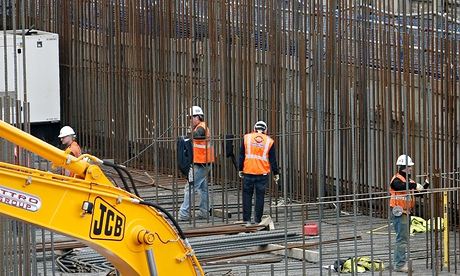
Balfour Beatty has dismissed a bid from John Laing Infrastructure Fund to buy its public-private partnership business for £1bn.
The UK’s largest construction firm said the proposal from the FTSE 250 fund, which invests in schools, hospitals and public works, “significantly” undervalued its PPP portfolio.
The offer was not far short of the £1.05bn valuation Balfour’s directors put on the PPP business in August, but they now think it could be worth much more.
At the time of the initial valuation, Balfour had 63 PPP projects – spanning schools, hospitals, roads and military housing – 37 in the UK and 21 in the US.
The company has been selling some of its PPP ventures to raise cash. It sold its 50% stake in Pinderfields and Pontefract hospitals in West Yorkshire for £61.5m, a 28% premium on the price Balfour directors had expected two months earlier.
They said: “The group’s targeted approach to selling individual assets as each investment matures, combined with the current and expected future strength of the market, leads the board to conclude that the realisable value of the PPP portfolio continues to be substantially in excess of the current directors’ valuation.”
Balfour assesses the value of its PPP portfolio biannually. The next valuation is planned for January.
Investors seemed to approve of Balfour’s decision; shares in the FTSE 250 company rose 1.68% to 187.9p in early trading.
The company also confirmed that Leo Quinn would be joining as chief executive from 1 January. Quinn, the chief executive of defence firm QinetiQ, takes over after a period of turmoil for Balfour since Andrew McNaughton was sacked in May, after barely a year in the job.
Balfour recently announced that Steve Marshall, its chairman, who has been acting as chief executive, was stepping down. Balfour has disappointed the City with five profit warnings in less than two years – the latest coming when a £75m shortfall was discovered in its UK construction services business, which sent shares tumbling.
The company has struggled since the downturn in large UK construction projects since the credit crunch. But many analysts think that Balfour’s problems were down to poor management.







